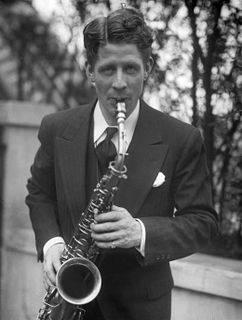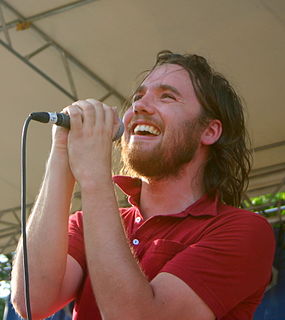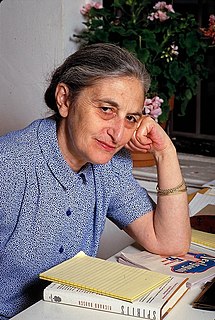A Quote by Rudy Vallee
The popular songs that were written in the 1920s and '30s, '40s and early '50s were written by veterans - mostly men who'd had experience in life. How can you write a lyric if you haven't really lived life?
Related Quotes
I think Hollywood has gone in a disastrous path. It's terrible. The years of cinema that were great were the '30s, '40s, not so much the '50s...but then the foreign films took over and it was a great age of cinema as American directors were influenced by them and that fueled the '50s and '60s and '70s.
I had never really written songs for anyone before. With [Broken] Social Scene, you're writing songs for others and your passing them around and exchanging things, but for a man who has the history that Andy Kim had, and has lived the life that he's had, you see such a youthful aspect of how he just wanted to create something again.
Can any rational person believe that the Bible is anything but a human document? We now know pretty well where the various books came from, and about when they were written. We know that they were written by human beings who had no knowledge of science, little knowledge of life, and were influenced by the barbarous morality of primitive times, and were grossly ignorant of most things that men know today.
Well, I hate it when authors come into a school and they say to kids, 'Write from your heart, only write what you know, and write from your heart.' I hate that because it's useless. I've written over 300 books - not one was written from my heart. Not one. They were all written for an audience, they were all written to entertain a certain audience.
Our songs were not written to be listened to in headphones or on the radio. They were written to be played. All of the little infinite detail that went into the arrangements and giving ourselves lots of breathing room in terms of playing what we wanted to play and using up any ideas that we had - all of those were conceived to be performed.
We had a moment in the '40s and '50s, where female characters were very strong in film, where these incredible roles were written for women like Joan Crawford, like Bette Davis. But then there was a space of time where - I don't know why - it wasn't like that. It became difficult for women to find certain roles after a certain age.



































